
Stepping into a European bar might feel normal—until everything feels slightly off. The rules are subtle, but the reactions to ignoring them are anything but. U.S. visitors often get tripped up by what seems like no big deal back home. So, before the next cheers turn into confusion, let’s clear a few things up. Here are the habits to look out for.
Clinking Glasses Without Eye Contact

In Germany, clinking glasses without making eye contact is considered rude. Locals expect you to look each other in the eye during a toast; otherwise, it’s seen as disrespectful. Some say skipping eye contact brings seven years of bad luck. Saying “Prost!” is customary, and a failed toast might mean no second round.
Splitting The Bill Isn’t Always The Norm

Splitting the bill isn’t common in Spain or France. Usually, one person pays it all, and asking to split can come off as awkward or cheap. Servers expect a single payment, while locals take turns covering the tab to build trust, an unwritten rule that often catches Americans completely off guard.
Drinking On The Street Is Totally Normal In Many Places
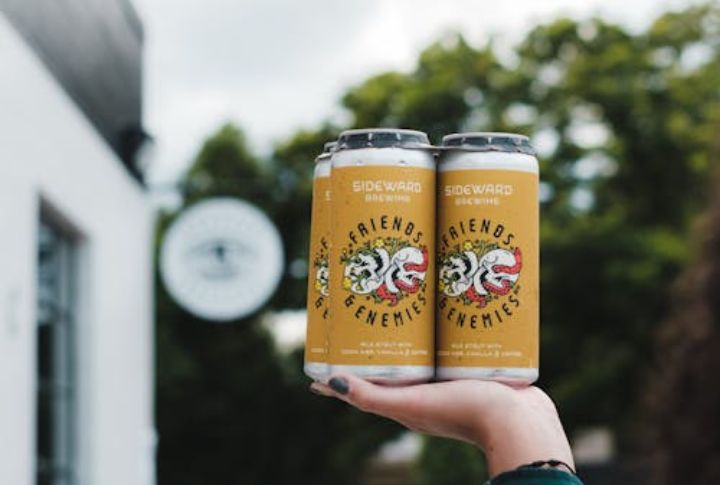
Public drinking is a regular sight across Germany, Czechia, and Italy. Open containers appear everywhere, from bustling plazas to quiet parks and transit stops. Unlike the strict open container laws in the U.S., many European spots embrace a laid-back vibe where enjoying a drink outdoors is perfectly normal.
You Must Say Cheers Before Taking A Sip

Ever tried taking a sip without saying cheers? In Europe, skipping this simple step immediately marks you as unfamiliar with local drinking customs. Whether it’s “Skal,” “Salud,” or “Na zdravi,” a proper toast is expected before drinking. Most won’t raise their glass until everyone has joined in.
Brews Aren’t Always Served Ice Cold
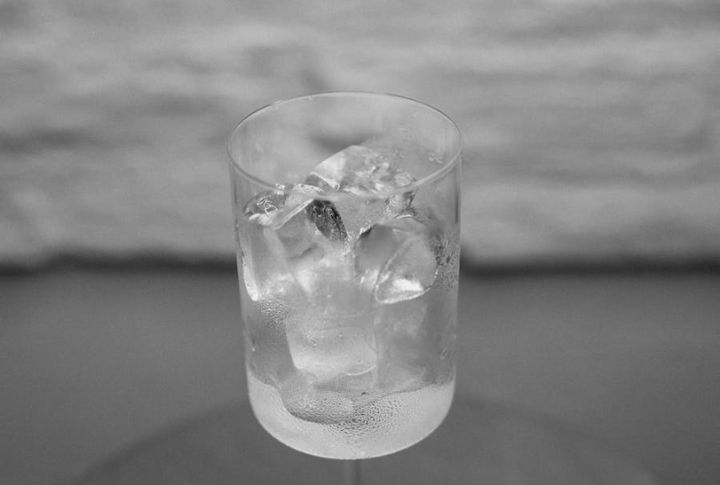
In the UK and Germany, brews usually arrive at cellar temperature rather than ice cold. Styles like stouts and cask ales are served warmer to highlight their flavors. Americans used to chilled brews might be surprised if they ask for ice or frosted mugs, as regulars find that unusual. “Room temperature” means pleasantly cool.
Don’t Pour Your Own Drink In Some Cultures

Imagine reaching for the bottle to pour your own drink, then realizing you’ve just broken a cultural rule. In countries like Georgia and Hungary, refilling your own glass is considered rude. It’s expected that others pour for you. Not offering to top off someone else’s drink can quietly offend without you even knowing it.
Shots Are Typically Consumed Quickly

One European drinking custom that often surprises Americans comes from Poland and Russia. Vodka shots are typically taken quickly as part of meaningful toasts. A toast is made before each pour, and downing the shot fast is tradition. Bread or pickles are often served alongside to help balance the strong flavor, which catches many off guard.
Tipping Bartenders Varies Widely By Country
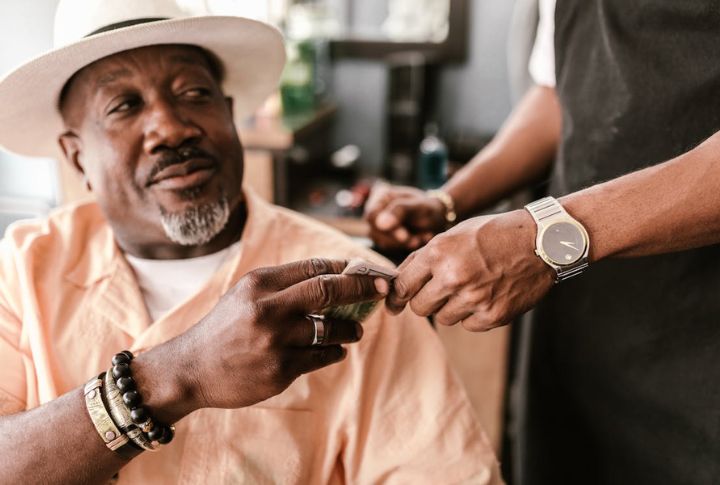
Tipping customs vary widely across Europe, and American habits don’t always translate. A 5–10% tip is polite but not required in Germany. Scandinavian countries rarely expect tips because workers receive higher wages. Often, rounding up the bill is enough. Giving too large a tip can confuse servers unfamiliar with U.S. practices.
Chugging Drinks Is A No-Go In Most Settings
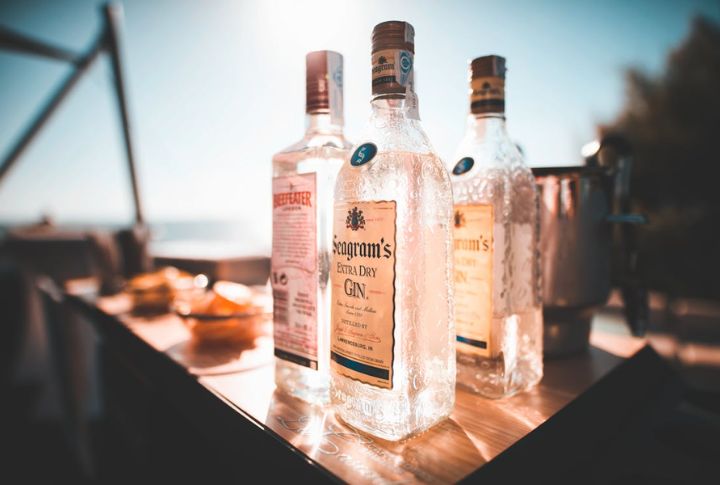
A common unwritten European rule that surprises many Americans: drinking quickly is frowned upon. Guzzling drinks can come off as immature and spoil the relaxed vibe. Conversations usually flow over one or two drinks, with little emphasis on drinking games or rushing, a stark contrast to some American bar scenes.
It’s Customary To Say Goodbye To Everyone When Leaving
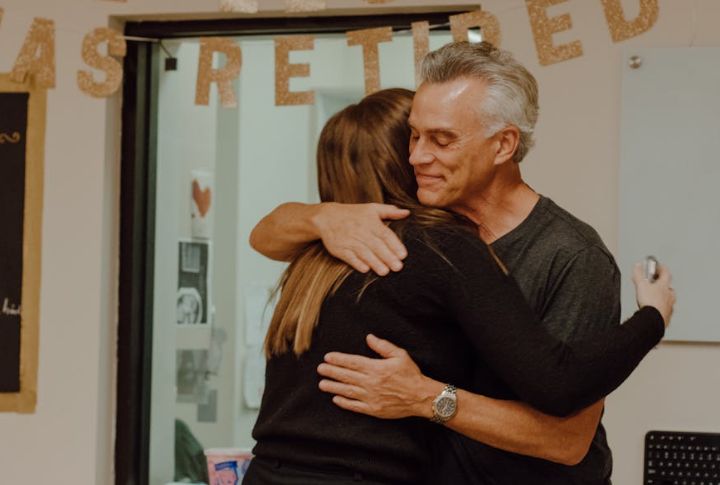
Personal goodbyes are essential in many European drinking cultures, especially Italy and France. Guests usually exchange handshakes, hugs, or cheek kisses before leaving. Quietly slipping away may seem rude or cold. Sometimes, these farewells last nearly as long as the celebration itself, showing respect and connection.

